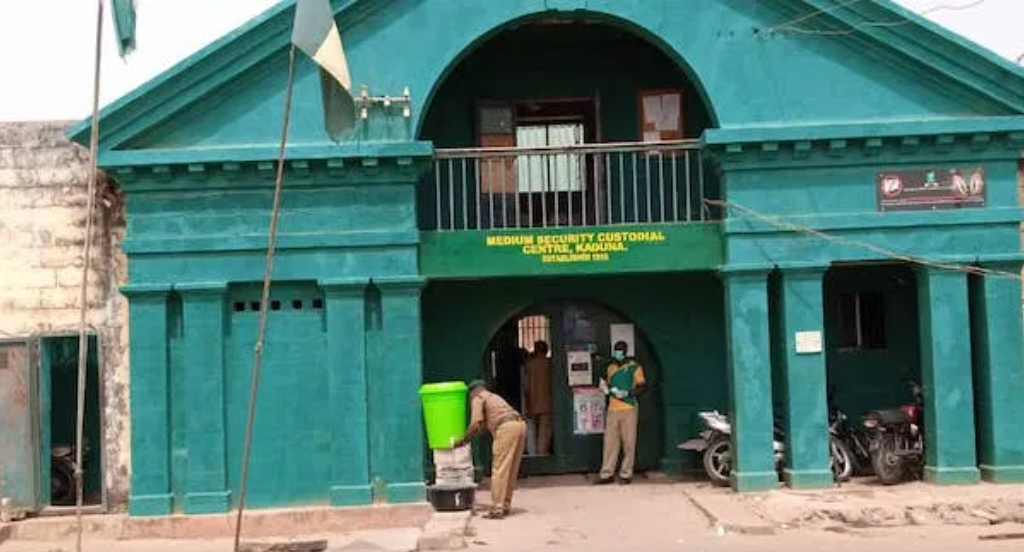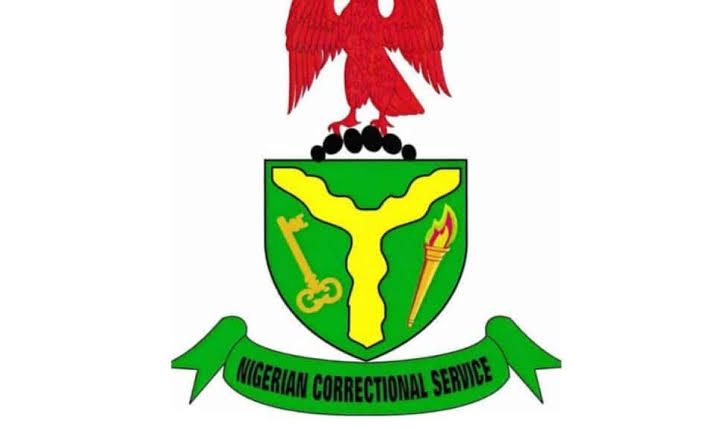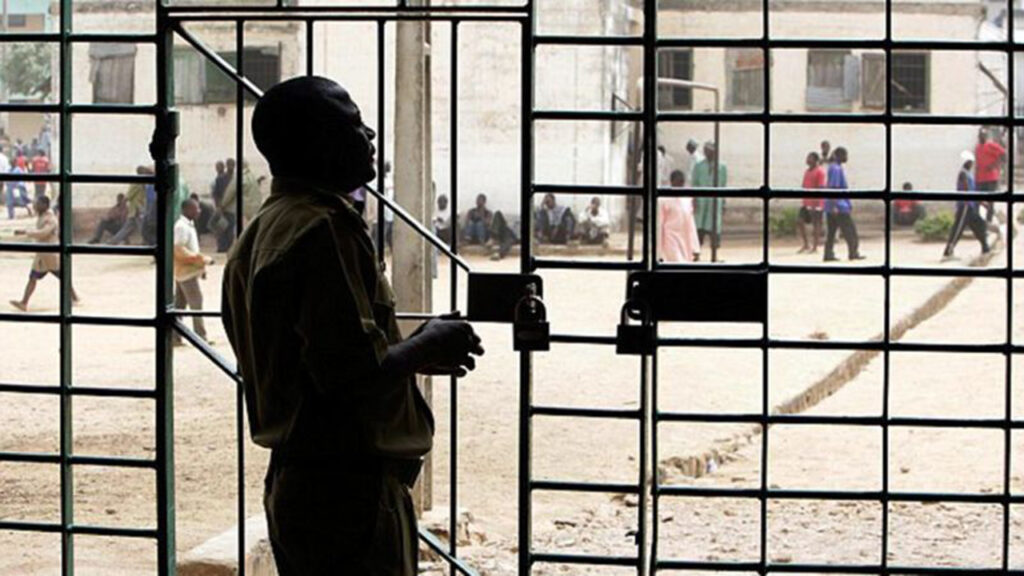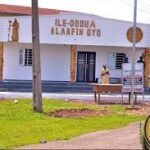Now Reading: Lawmakers decry poor living condition at Nigeria’s correctional centres
-
01
Lawmakers decry poor living condition at Nigeria’s correctional centres

Lawmakers decry poor living condition at Nigeria’s correctional centres
The House of Representatives Committee on Reformatory Institutions has called for an urgent infrastructural overhaul of Nigeria’s correctional centres, citing years of neglect, chronic overcrowding, and inadequate inmate welfare.
Chairman of the committee, Chinedu Ogah, made the call on Thursday during a courtesy visit to the Minister of Interior, Olubunmi Tunji-Ojo, in Abuja.
The visit, according to the lawmaker, was part of efforts to enhance legislative oversight and ensure ongoing reforms are guided by international best practices.
Ogah said the committee’s recent assessments of correctional facilities revealed significant infrastructural deficits, noting that the current reforms being championed by the interior ministry require physical upgrades to succeed.
He commended President Bola Tinubu and Tunji-Ojo for what he described as “a clear shift in leadership mindset,” noting that reforms under the Renewed Hope Agenda are beginning to reshape public perception and institutional performance.
“This engagement is not just another oversight function. It is a deliberate effort to commend the interior minister’s strategic leadership and the measurable progress made under his watch,” he said.
Ogah praised recent reforms in vocational training and medical care for inmates and stressed that ongoing efforts would benefit significantly from legislative support and robust capital investment.
He pledged continued support to the ministry and expressed readiness to work closely with the executive in advancing reforms in the correctional system.
Persistent challenges
The Nigerian correctional system has long battled damning reports of inhumane conditions.
In its 2022 and 2023 reviews, the Nigerian Correctional Service acknowledged that over 70 per cent of inmates are awaiting trial, worsening overcrowding.
Numerous investigative reports by PREMIUM TIMES have raised alarms over overcrowded cells, poor hygiene, and inadequate medical attention.
In a 2021 report, the Prisoners’ Rehabilitation and Welfare Action (PRAWA) documented how some facilities originally built for 800 inmates now host over 3,000. Feeding remains a recurring challenge, with budgets stretched thin and delays in releases of allocated funds. Until recently, inmates were fed on a daily allowance of ₦750, a figure many rights groups condemned as grossly inadequate.
Source: Premium Times















